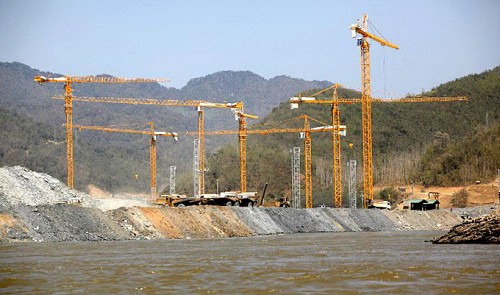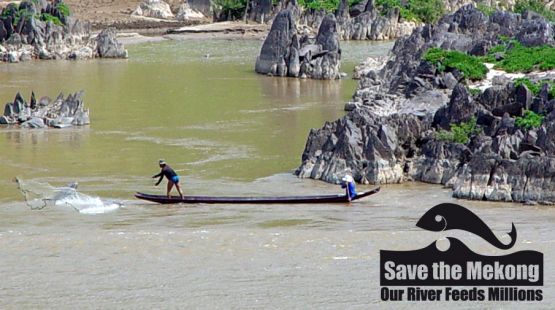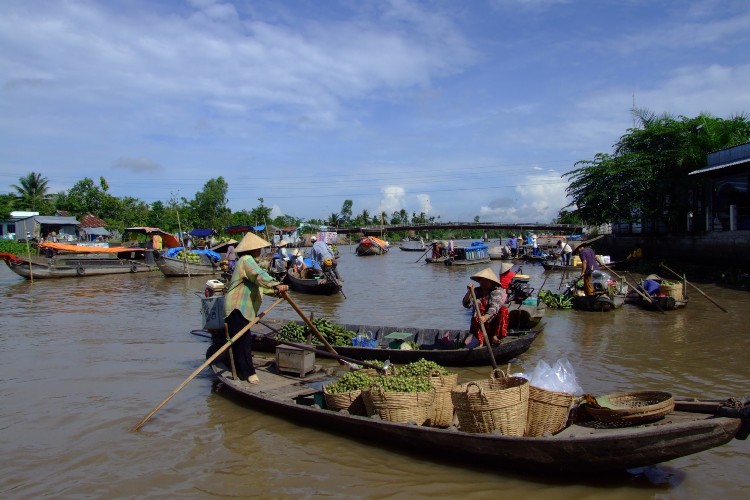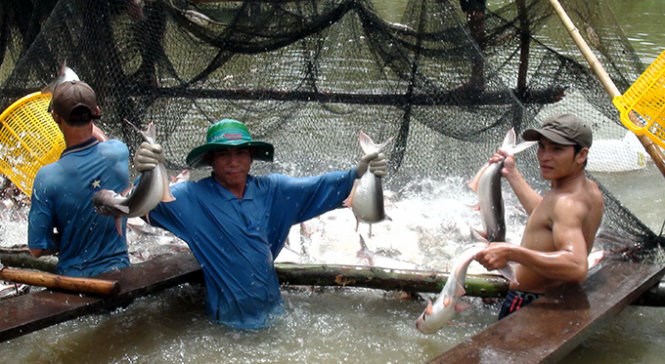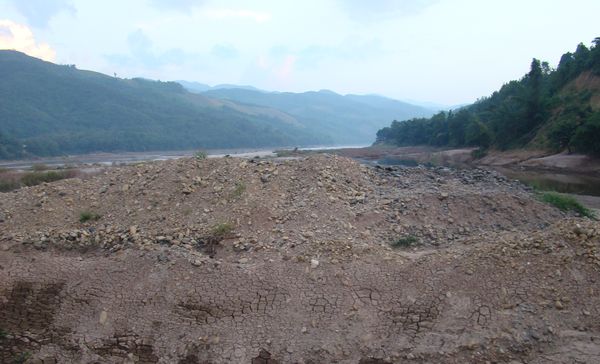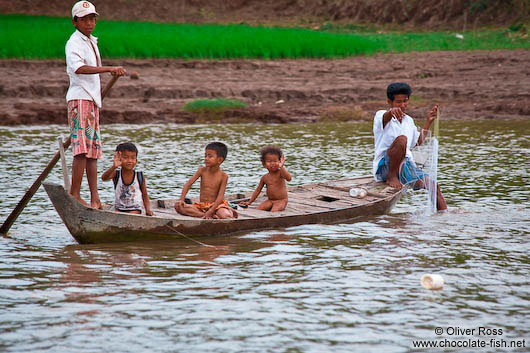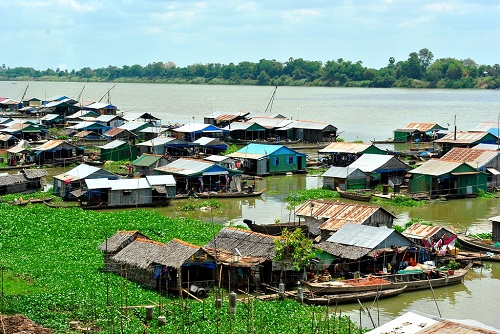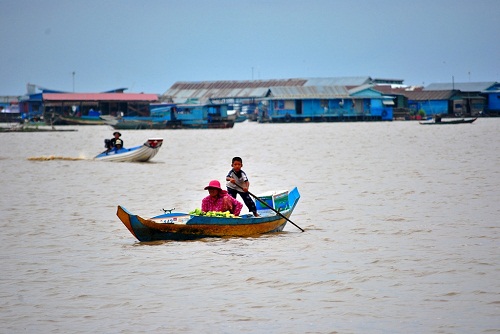As Mekong ministers meet for the 20th Meeting of the Mekong River Commission Council in Bangkok tomorrow, the Save the Mekong coalition has issued a statement calling upon the Prime Ministers of Cambodia, Lao PDR, Thailand and Vietnam to work together to address the threat posed by a proposed cascade of eleven Mekong mainstream dams to the region’s food security and people. The coalition requests that immediate action be taken to cancel the planned mainstream dams, including the Xayaburi and Don Sahong dams, which are already under construction. And to ensure that future decisions over the shared river are based on scientific knowledge, transboundary impact assessment, robust consultations, and respect for the rights of all riparian nations and the public to a transparent and participatory decision-making process.

